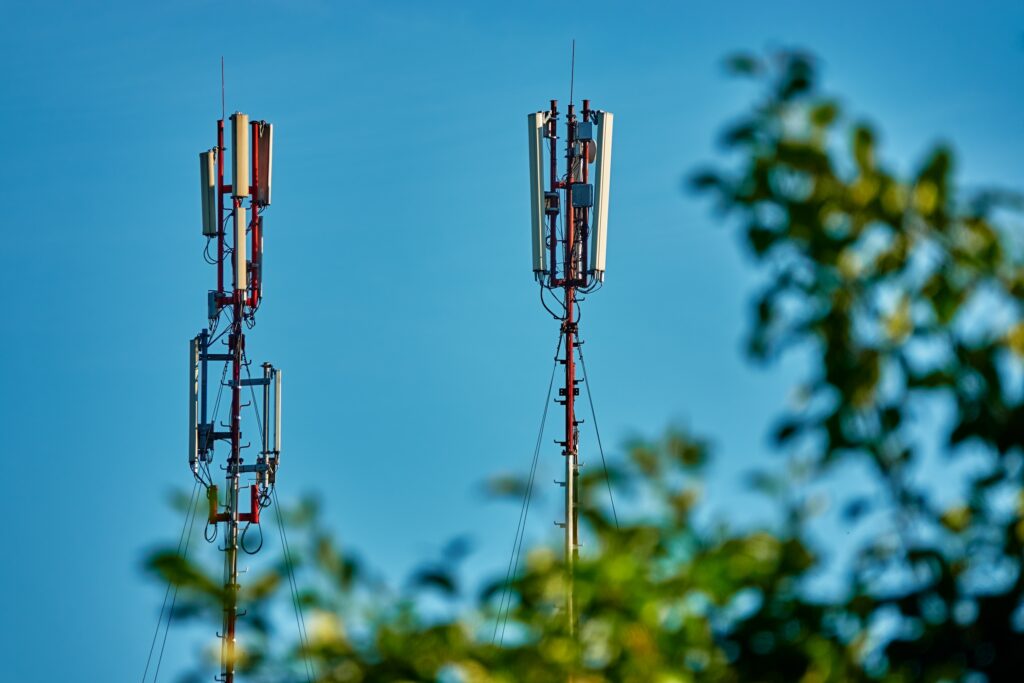Rob Orr, Chief Operating Officer, Virgin Media O2
This piece originally appeared in the Daily Telegraph
 This country is in the middle of one of the largest upgrades to telecoms infrastructure in its history. With old copper phone lines becoming less resilient and reaching end of life, vital work is taking place to safeguard services for the future.
This country is in the middle of one of the largest upgrades to telecoms infrastructure in its history. With old copper phone lines becoming less resilient and reaching end of life, vital work is taking place to safeguard services for the future.
Understandably, focus has been on the role of telecoms companies as they undertake this digital switchover, however the ultimate success of this programme requires others to also step up and take action.
Although the majority of people need to do very little, certain groups, particularly those relying on specialist care equipment, need additional support.
Operators already have a range of measures in place but, to be blunt, there’s clearly more that can, should and will be done.
Recently Virgin Media, alongside others in the telecoms industry, met with Government and signed a new charter underpinned by a series of commitments which include pausing non-voluntary migrations and reviewing processes to ensure those who most need it are better supported.
While we welcome this step forward, it is notable that key groups are still absent from the discussion.
Since this switchover programme started, we have made repeated efforts to inform local authorities and telecare companies of our plans. We’ve created a bespoke testing centre for alarm companies to ensure equipment works over the new lines and have written directly to local authorities, many of who we work successfully with in other areas like network expansion, well in advance of switchovers starting.
While some have been forthcoming and collaborative, often engagement is too slow or doesn’t occur at all. Only a tenth of local authorities contacted do engage ahead of migrations and this number is even less for telecare companies. A central list of telecare providers exists through a central trade body, but this isn’t exhaustive. We believe around one in 10 telecare providers are missing, making engagement almost impossible.
We do everything we can to identify and support vulnerable customers, but we can’t do this alone.
To help tackle this gap and ensure we all get this switchover right, I’m urging the Government to create a similar charter for telecare companies and local authorities, or for rules to be mandated, if necessary, to help ensure nobody is left behind.
To be effective this charter should include three key points.
Firstly, all local authorities and telecare providers must be required to work with telecoms companies to form data sharing arrangements and put alarm numbers onto a centralised database so all efforts can be made to identify vulnerable users.
Secondly, telecare providers must ensure their equipment is compatible with a digital landline and keeps working during a power cut, just as telecoms companies are required to do for the physical phone line.
Finally, local authorities should make sure they are meeting their duty of care obligations and proactively provide advice, support, and information to local residents ahead of any switchover activity occurring.
At a broader level, much like the digital TV switchover between 2007- 2012, Government, together with local authorities, key consumer groups and telecoms companies, could play a key role in coordinating trusted awareness campaigns, particularly those that reach the elderly and vulnerable.
As the telecoms industry has rightly been held accountable to get this switchover right for everyone, it’s crucial the same logic applies to the full playing field. As we work to improve, we ask other key players to get in touch, come forward and do the same. Without local authorities and telecare providers engaging and fulfilling their responsibility, there’s a danger that the UK never quite finds its digital voice.
press enquiries
press enquiries







